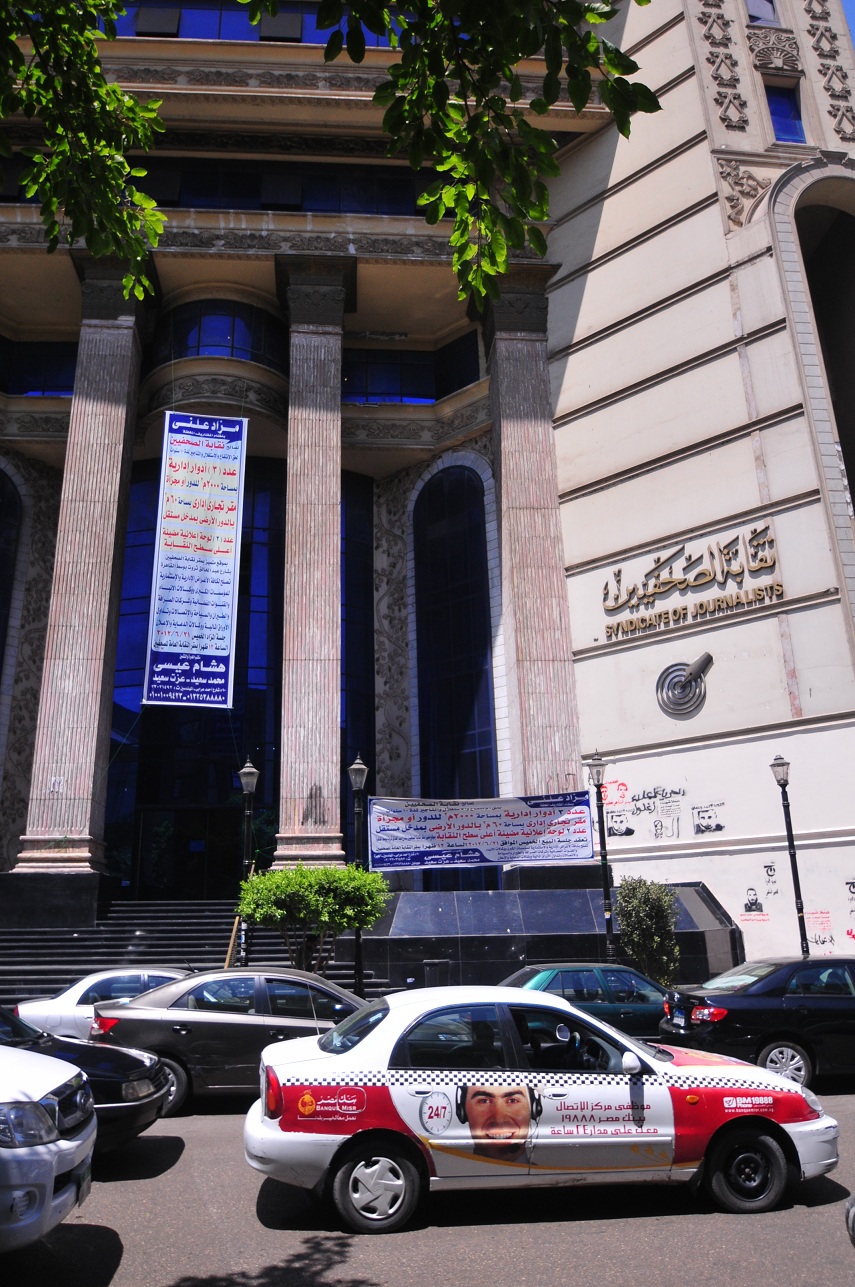
(Photo from Armed Forces)
Egypt’s foreign ministry fiercely spoke out against reports that airstrikes in Libya last week killed seven civilians, which rights groups have called potential war crimes.
The ministry told Daily News Egypt that the claims of the deaths are based on “false information”.
Seven civilians were killed by Egyptian jets in retaliatory strikes against suspected Islamist militant targets in the Libyan city of Derna last week, according to research published by Amnesty International Monday.
Alongside a Human Rights Watch report Tuesday, evidence appears to indicate that both militant fighters and Egyptian forces are responsible for committing war crimes by the killing of civilians, Amnesty said.
Egypt responded to a video by a Libyan militant group affiliated with Islamic State showing the beheading of 20 Egyptian Coptic Christians with airstrikes on 16 February, which President Abdel Fattah Al-Sisi openly called revenge.
According to eyewitness testimonies documented by both prominent rights watchdogs, the airstrikes struck not only military targets but also hit the heavily populated residential area Sheiha Al-Gharbiya in the eastern city of Derna.
The airstrikes would have killed a mother, her three children and three other civilians. Approximately ten houses were destroyed, 30 more damaged, as well as 20 private cars in attacks which suggest that the “Egyptian Air Force failed to take the necessary precautions” in carrying out the attack, the Amnesty report said.
However, Egyptian Foreign Ministry Spokesperson Badr Abdelatty told Daily News Egypt that the “no civilians were killed in the attacks” and that the claims were “nonsense reports based on wrong information”.
Referring to a picture of three dead children widely circulated on social media and on Al Jazeera’s Arabic website following the attacks – but later proved to be unrelated – Abdelatty said there was a campaign to “perceive the Egyptian army in a negative light”. He added that the campaign was aimed at discrediting the actions and professionalism of the forces.
Despite the Amnesty and HRW reports interviewing eyewitnesses, families of victims and medical officials, Abdelatty suggested the reports were based on information that was mischaracterised as the picture.
However, according to one eyewitness who spoke to Amesty:”One missile struck a four-storey house belonging to the Al-Kharshoufi family, killing a mother and her three children aged between three and eight, and injuring their father and another child.” Other accounts corroborated that there was “no evidence that any military target was located in the Al-Kharshoufi family’s house, and the attack was carried out without any prior warning to civilians”, Amnesty said.
Whilst it is difficult to establish and verify information in Libya owing to the departure of most NGOs and journalists in the country, Amnesty interviewed eyewitnesses and medical workers that treated the injured. The director of Derna Hospital reported there were no fighters amongst the wounded and dead that they received.
Asserting that the initial beheadings are themselves war crimes, Hassiba Hadj Sahraoui, Middle East and North Africa Deputy Director at Amnesty International said: “Attacks which do not discriminate between civilians and fighters are war crimes.”
The rights group has called on Egypt to investigate the deaths and disclose detailed information on all the airstrikes in Derna and the measures taken to avoid harm to civilians.
“Egypt and Libya say they are fighting extremists affiliated with ISIS, but that doesn’t give them a free hand to kill civilians,” said Sarah Leah Whitson, Middle East and North Africa director of Human Rights Watch said Tuesday.
Abdelatty also told Daily News Egypt that the Egyptian air strikes were requested by and conducted in coordination with the internationally recognised Libyan government. The Chief of Staff of the Libyan army, Saqr Al-Jeroushi, has previously denied any civilian casualties in the mainly Islamist town and said that 40-50 fighters had been killed in the attacks. He said that residential units had anti-aircraft guns mounted on them, although eyewitnesses told Amnesty that they had not seen such installations.
The Egyptian air force took “revenge for those slaughtered and were very accurate in targeting only training camps and military facilities”, Abdelatty said. “Egypt is keeping up with international standards laid out by the UN. I question the motivations of organisations behind the reports who say nothing about the thousands of airstrikes that kill thousands of civilians in Arab and Muslim countries by superpowers.”
